 The Consumer Liaison Group (CLG) Meeting happens four times a year and its a chance for ISO-NE to exchange information with electricity consumers in New England. ISO-NE is the group that regulates our electricity markets and keeps the lights on by coordinating electricity generation and transmission. They run billion dollar markets and interact with companies like Spectra Energy, Invenergy, National Grid and Deepwater Wind. Pretty much every aspect of the process of getting electricity to your television is touched upon by ISO-NE in some way.
The Consumer Liaison Group (CLG) Meeting happens four times a year and its a chance for ISO-NE to exchange information with electricity consumers in New England. ISO-NE is the group that regulates our electricity markets and keeps the lights on by coordinating electricity generation and transmission. They run billion dollar markets and interact with companies like Spectra Energy, Invenergy, National Grid and Deepwater Wind. Pretty much every aspect of the process of getting electricity to your television is touched upon by ISO-NE in some way.
 The latest meeting of the CLG, in Providence on Thursday, featured a panel discussion with representatives from the four companies mentioned above. The panel was pulled together with the help of Douglas Gablinske, executive director of The Energy Council of Rhode Island (TEC-RI) an advocacy group for energy company concerns. Readers of RI Future may remember that Gablinske was a vocal opponent of Cale Keable’s bill to reform the Energy Facilities Siting Board (EFSB). He was also the only speaker at the RI Public Utilities Commission (RIPUC) to speak in favor of the pipeline tariff.
The latest meeting of the CLG, in Providence on Thursday, featured a panel discussion with representatives from the four companies mentioned above. The panel was pulled together with the help of Douglas Gablinske, executive director of The Energy Council of Rhode Island (TEC-RI) an advocacy group for energy company concerns. Readers of RI Future may remember that Gablinske was a vocal opponent of Cale Keable’s bill to reform the Energy Facilities Siting Board (EFSB). He was also the only speaker at the RI Public Utilities Commission (RIPUC) to speak in favor of the pipeline tariff.
Gablinske surprised me by asking if I knew about any planned protests or disruptions. I said I didn’t. He asked me specifically about the FANG Collective. I had no idea of what plans they have, if any, I said. Then Gablinske said that he noticed Mary Pendergast on the list of people who had signed up to attend. Pendergast was sitting in the room, and he soon went over to introduce himself to her.
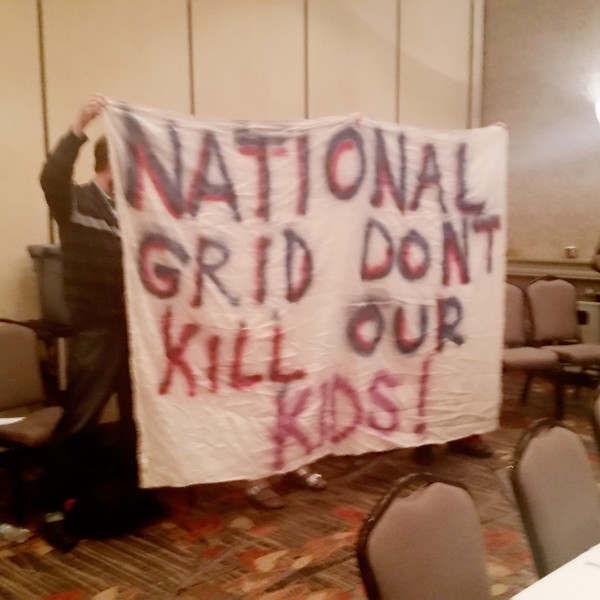
During the course of the presentation there was a disruption. As Invenergy’s John Niland gave his presentation to the room, Mary Pendergast stood and display a small sign that said, “No fracked gas Power plant.” Her protest was silent but it did seem to throw Niland off a bit, as his delivery seemed somewhat distracted.
It was during the third presentation that the disruptions became more pronounced. As Richard Kruse, vice president at Spectra Energy spoke glowingly about the need for bigger and better pipelines in our fracked gas infrastructure future, Kathy Martley of BASE (Burrillville Against Spectra Expansion), Keith Clougherty of the FANG Collective and Sally Mendzela stood up.
“Spectra Energy, Energy for Death,” said Martley as I headed for my camera. “Say no to Invenergy and tell Invenergy to go home,” Martley continued.
As the protest continued, Gablinske took the podium and said, “You have a right to be here but not be disruptive” as Clougherty continued to speak.
Lennette Boiselle, an ally of Geblinske and a lobbyist for the Northern Rhode Island Chamber of Commerce got up and left the room, presumably in search of security. Readers might remember Boiselle as the person arguing against democracy at the public comment hearing concerning Cale Keable’s EFSB bill.
“The political correctness, of not allowing other people to talk is sweeping through this country,” said Geblinske, “It’s an incorrect assumption, this gentlemen has the right to speak…”
“We’ve been listening to you our whole lives, Pal,” interrupted Sally Mendzela.
Gablinske ultimately offered to set up a forum where “both sides” could be heard but it is unknown if this will actually happen. The protesters took their seats, no one was ejected from the forum, and Kruse finished his talk.
Amazingly, though, that wasn’t the end. During a brief question and answer period at the end of the presentations, Gablinske called on Clougherty to ask a question!
“I would ask for a question, not a speech or a statement,” said Gablinske, when he realized who he had called upon.
Clougherty then asked Niland, Kruse and Bill Malee, a National Grid VP, “Do your companies have any money set aside for restitution for the millions of people who are going to be displaced and killed by the infrastructure projects you all are proposing?”
There is no good answer representatives from these companies can give, yet Niland attempted one. As expected, it was not good.
I found the most interesting talk of the day came from Mary Louise “Weezie” Nuara, External Affairs Representative for ISO-NE.
“The region’s competitive wholesale electricity markets are really designed to maintain reliability through the selection of the most economically efficient set of resources,” said Nuara, but the states “have environmental and renewable energy goals that are beyond the objectives of the wholesale electricity markets.”
What’s happening is that states are setting goals to increase renewables and reduce greenhouse gas emissions (like the goals set out in ResilientRI, but all the New England states have some version of this idea.) ISO-NE is designed to deliver energy as reliably and cheaply as possible. As a market, it cannot deliver renewables or reduce emissions unless those options are cheaper and cleaner. In August, NEPOOL (which represents the interest of the New England states when dealing with ISO-NE) began looking into how to adjust wholesale electricity markets to accommodate the goals of the states. It is NEPOOL’s goal to develop a “framework document” by December 2 to provide guidance to ISO-NE regarding potential changes. (A kind of advisory opinion, if you will.)
What makes this interesting, to my mind, is that if ISO-NE starts taking the climate change concerns of the states into account, plants like the one Invenergy is planning for Burrillville will have a harder time selling their energy into the markets.
ISO-NE is a little over a decade old, but already it’s finding that its systems are in need of being updated over concerns of climate change. By contrast, the EFSB here in Rhode Island was established thirty years ago, in 1986. The RI General Assembly has shown little inclination towards revising the EFSB’s mandate in lieu of climate change.
Below please find all the video from the CLg meeting except for the closing comments.
Rebecca Tepper, chair of the CLG Coordinating Committee and chief of the Energy & Telecommunications Division of the Massachusetts Attorney General’s office introduced keynote speaker Rhode Island General Treasurer Seth Magaziner.
Douglas Gablinske, executive director, The Energy Council of Rhode Island
Jeffrey Grybowski, chief executive officer, Deepwater Wind
John Niland, director of business development, Invenergy
Richard Kruse, vice president and regulatory & FERC compliance officer for Spectra Energy
Bill Malee, vice president of regulatory affairs, for National Grid
ISO-NE Q&A




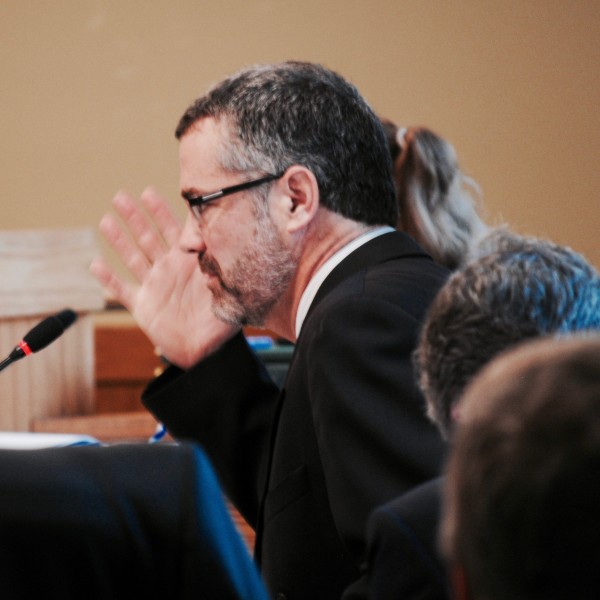

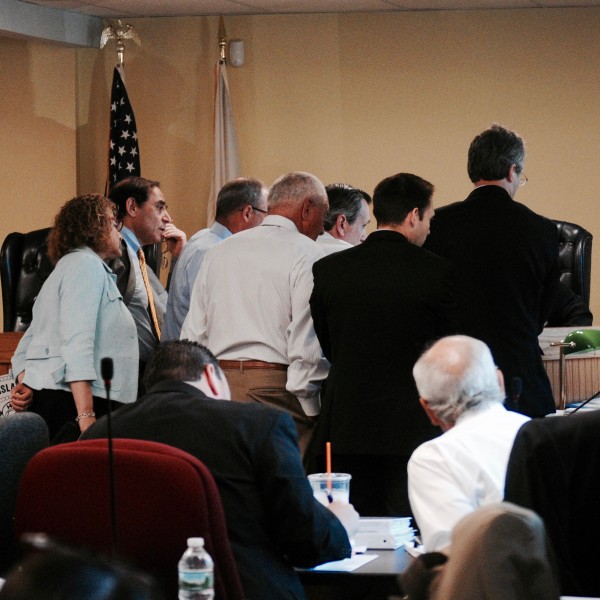
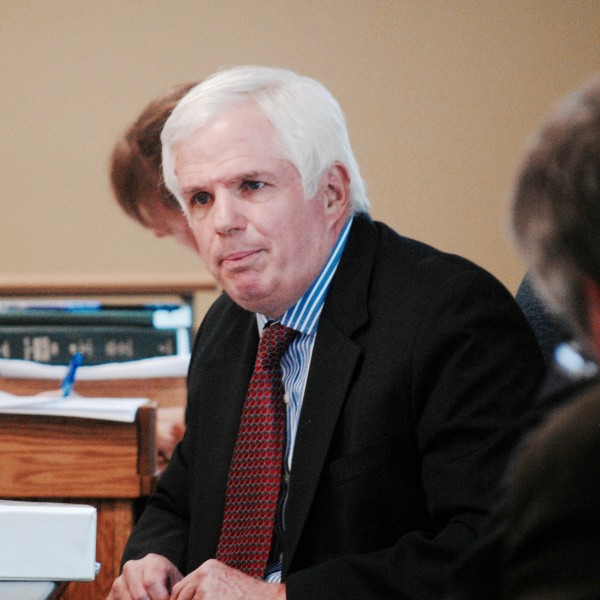
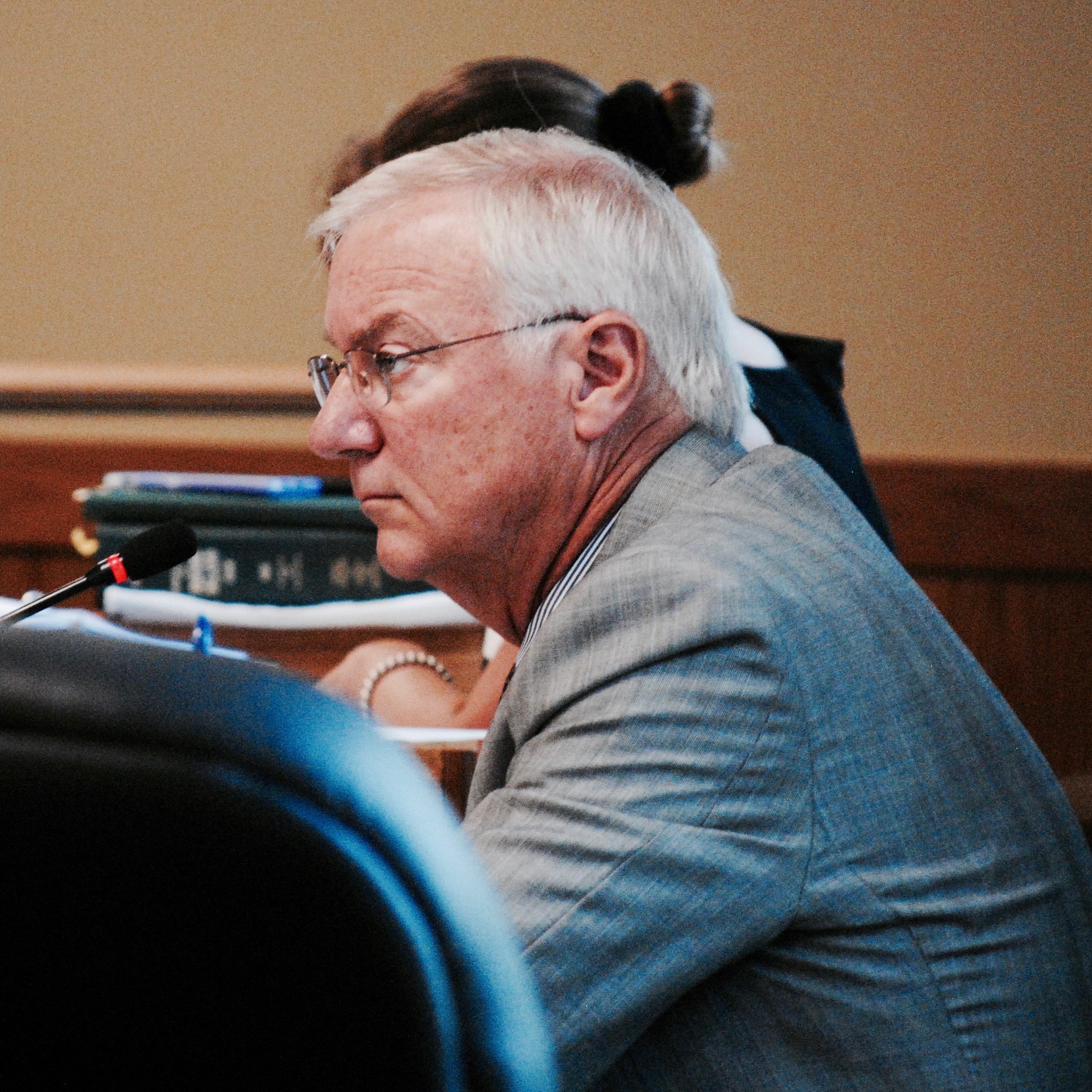
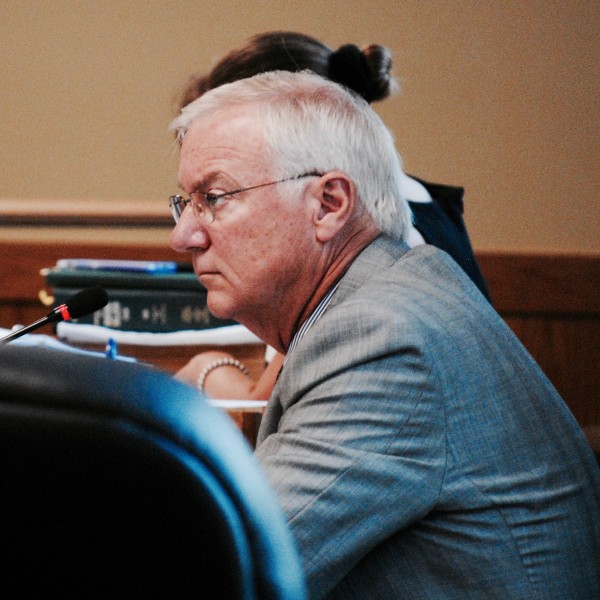
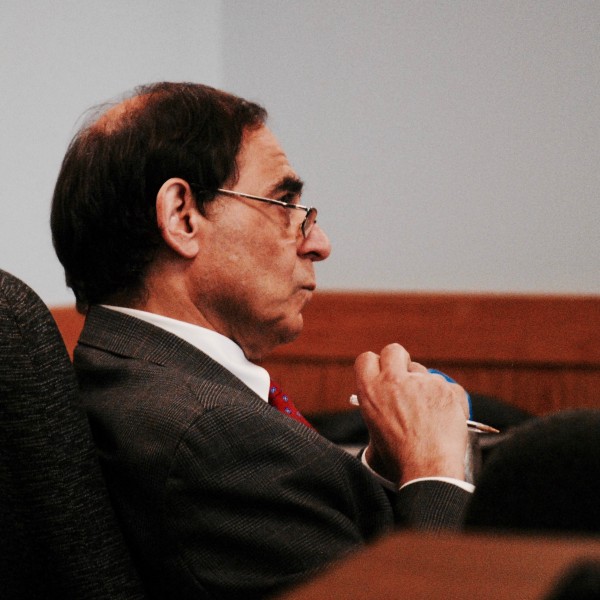
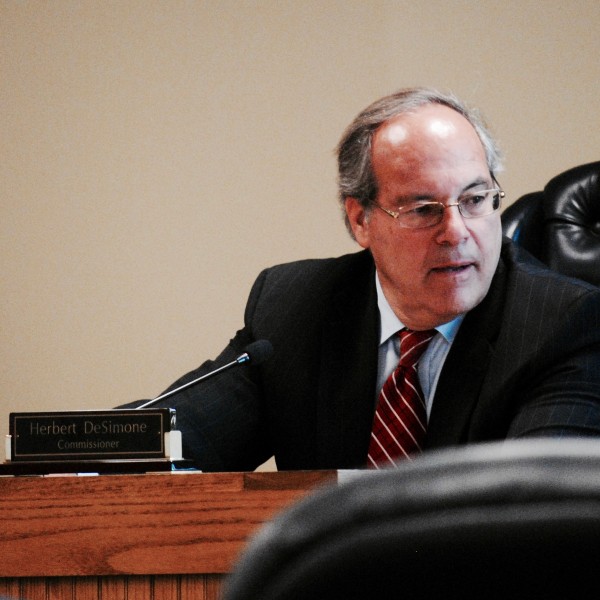
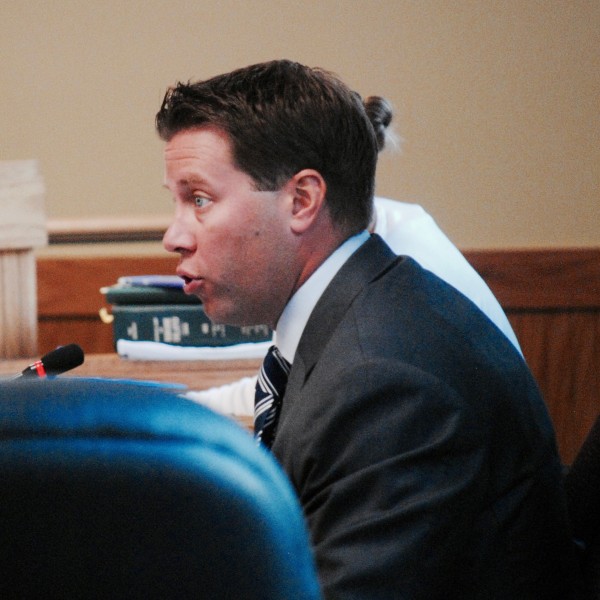

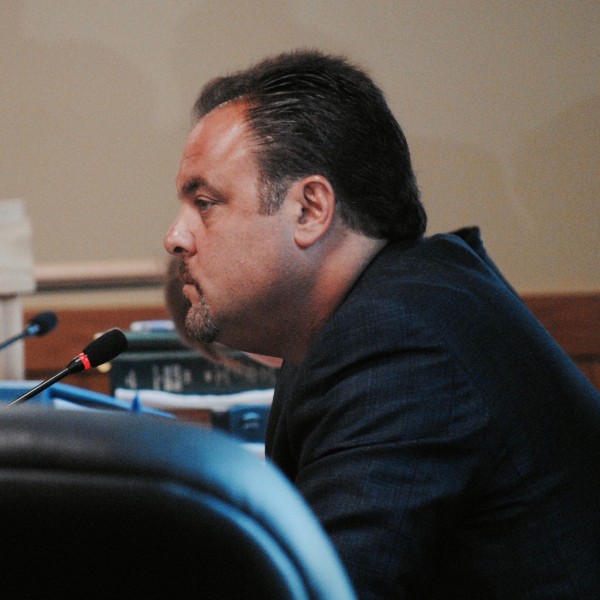
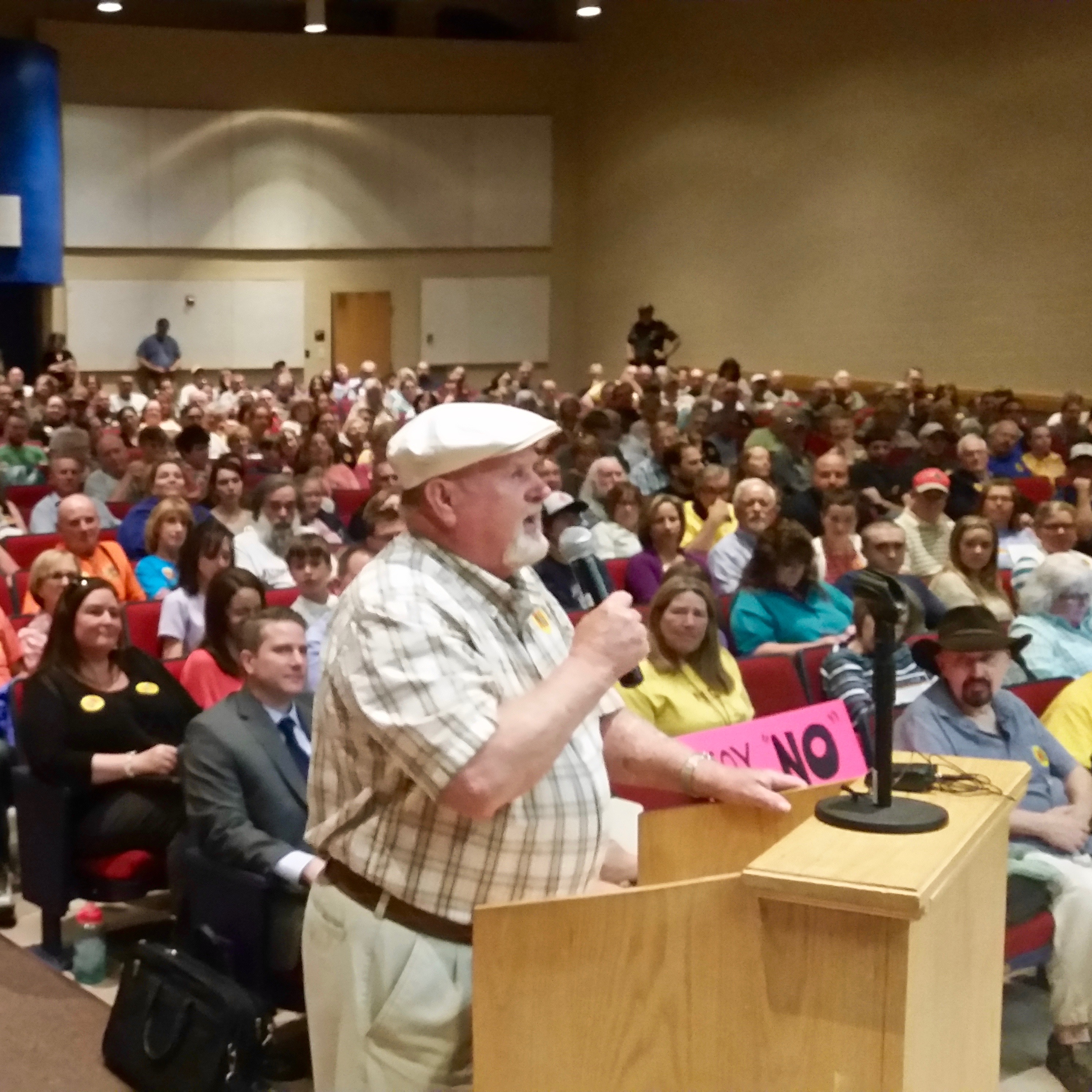
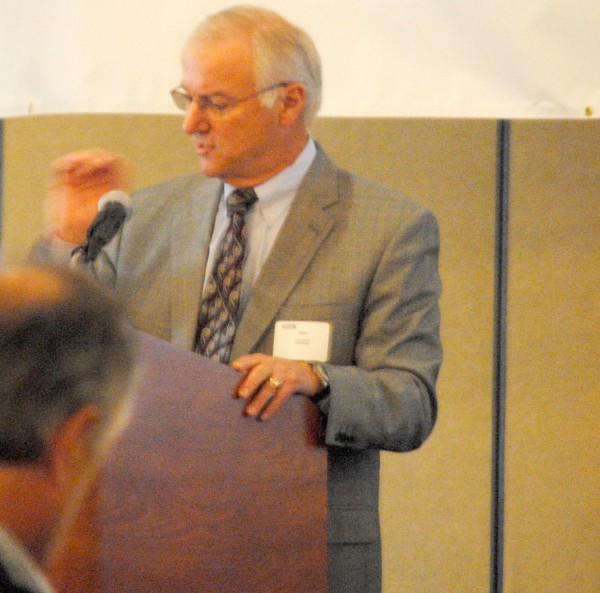
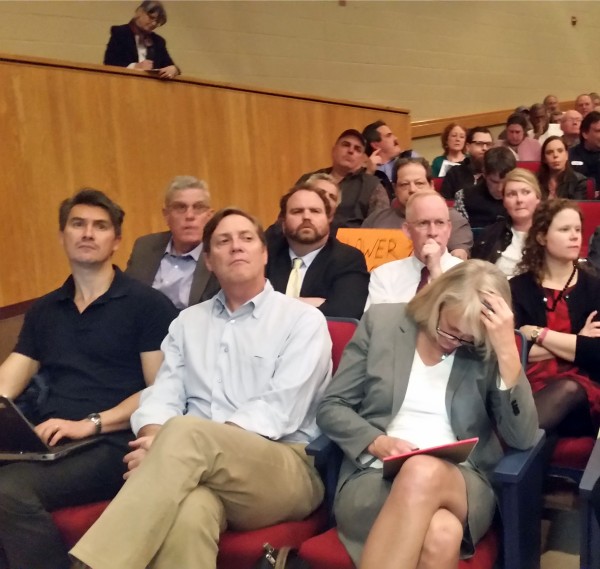 “…on March 31, in front of 700 people, Invenergy presented in two different ways… information that Invenergy knew, at the time, was false. First, the words “$280 million in Savings” appear in big, green letters on Slide 12 of Invenergy’s presentation… Second, the false information was emphasized by Invenergy’s John Niland, who said, “Talking about ratepayer savings, the analysis we’ve done looks at what happens to the cost of power to the region when you put in a plant like this. – – [T]hat’s really what the $280 million number represents.” [EFSB March 31, 2016 Hearing Transcript. page 16, lines 8-11; 15-17.)
“…on March 31, in front of 700 people, Invenergy presented in two different ways… information that Invenergy knew, at the time, was false. First, the words “$280 million in Savings” appear in big, green letters on Slide 12 of Invenergy’s presentation… Second, the false information was emphasized by Invenergy’s John Niland, who said, “Talking about ratepayer savings, the analysis we’ve done looks at what happens to the cost of power to the region when you put in a plant like this. – – [T]hat’s really what the $280 million number represents.” [EFSB March 31, 2016 Hearing Transcript. page 16, lines 8-11; 15-17.)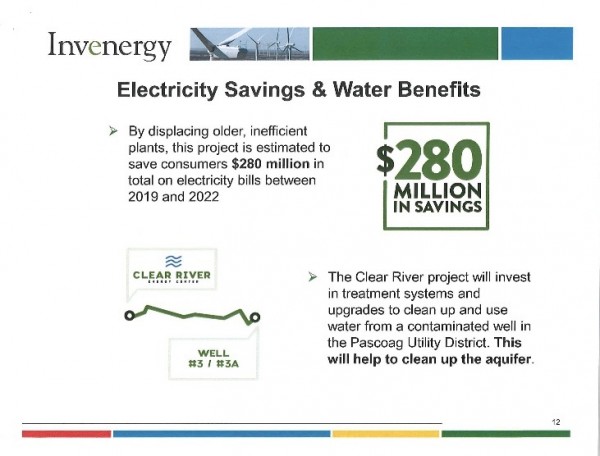


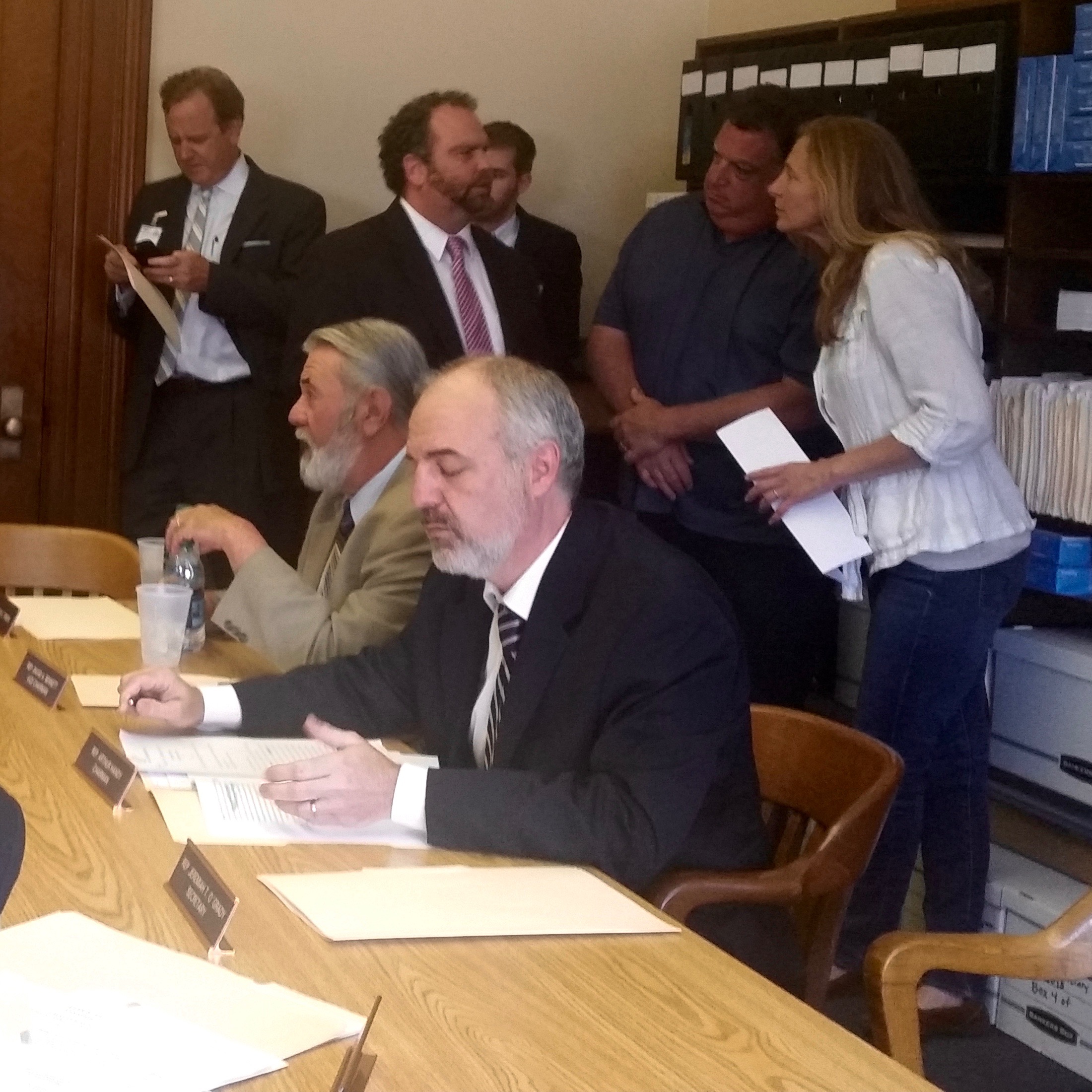
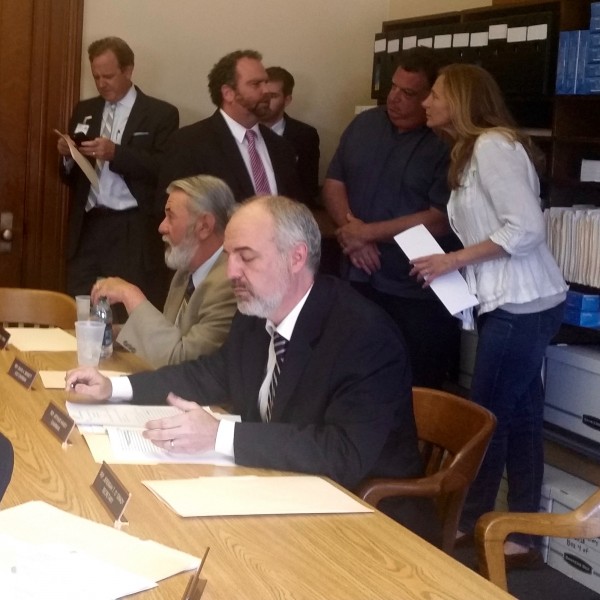 Representative Cale Keable‘s bill to change the make-up of the Energy Facilities Siting Board and give the voters of Burrillville the ability to vote on any tax treaties their town council may enter to with companies interested in building a power plant in their town passed out of committee today on an 11 to 2 vote. Only Representatives Ray Hull and Michael Marcello voted against the bill, heard in the
Representative Cale Keable‘s bill to change the make-up of the Energy Facilities Siting Board and give the voters of Burrillville the ability to vote on any tax treaties their town council may enter to with companies interested in building a power plant in their town passed out of committee today on an 11 to 2 vote. Only Representatives Ray Hull and Michael Marcello voted against the bill, heard in the 

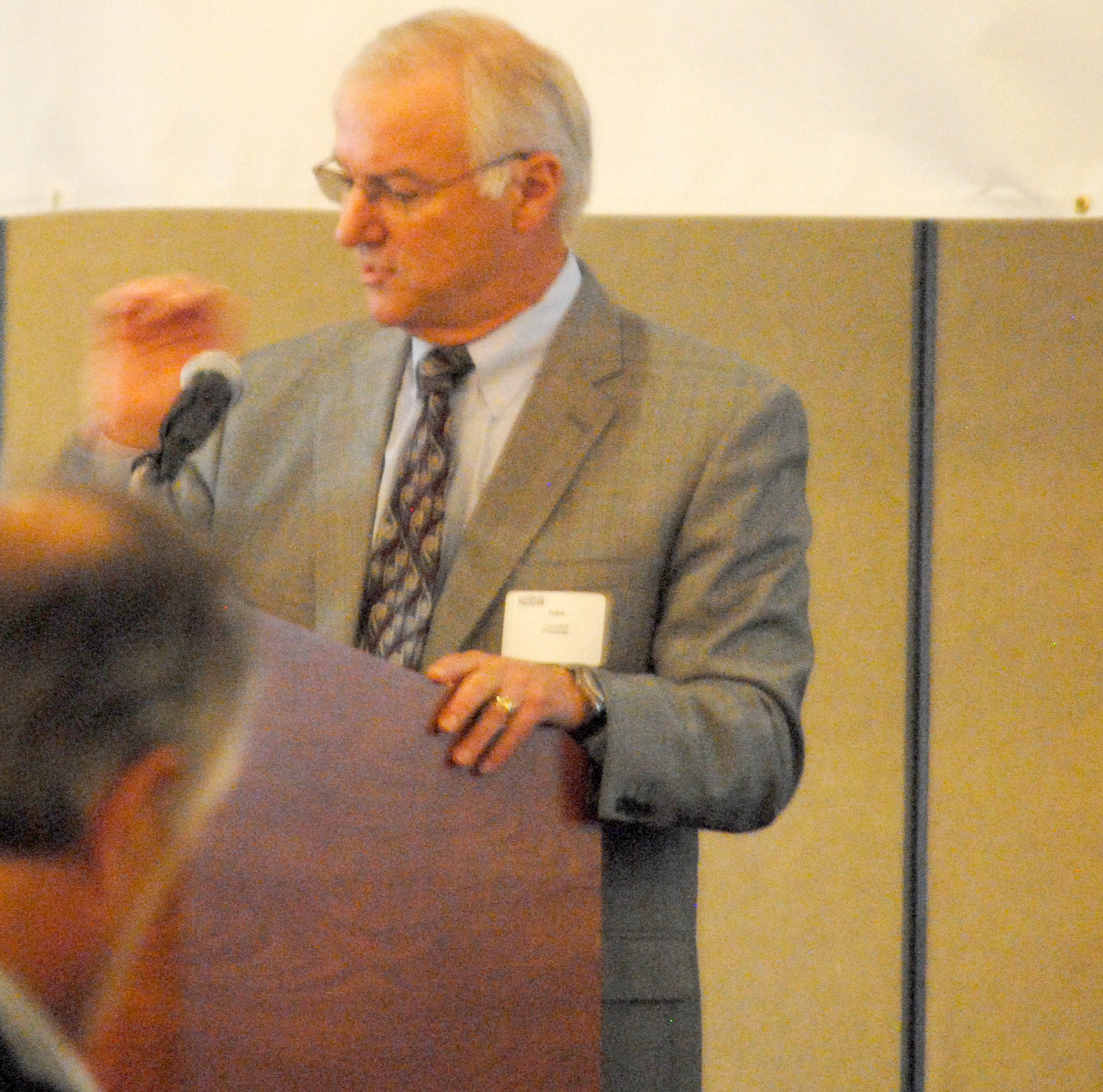
 The proposed power plant is dual fuel, so it can burn either gas or oil. Though gas is not a clean energy source, it is better than burning oil for the environment directly surrounding the plant. The circumstances under which oil will be burned, then, is of some importance. Niland said, “some people are saying we will be making an economic choice” as to which fuel to burn when. [In fact, I was the first to suggest this,
The proposed power plant is dual fuel, so it can burn either gas or oil. Though gas is not a clean energy source, it is better than burning oil for the environment directly surrounding the plant. The circumstances under which oil will be burned, then, is of some importance. Niland said, “some people are saying we will be making an economic choice” as to which fuel to burn when. [In fact, I was the first to suggest this, 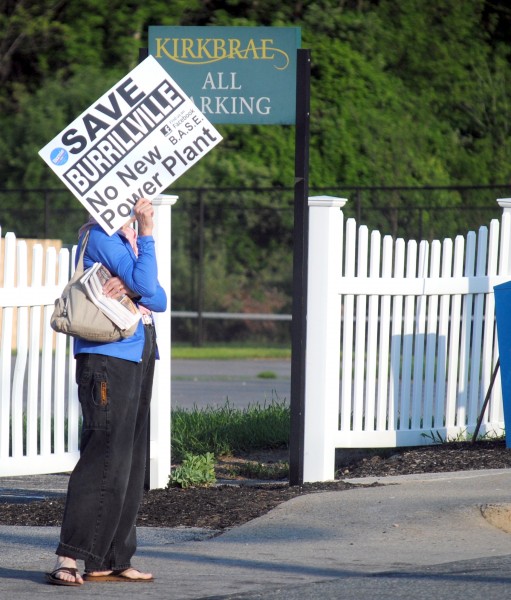

 The people of Burrillville realize something about the the Energy Facilities Siting Board (EFSB), that Margaret Curran, who chairs the board, does not. During Monday night’s public comment meeting, held to decide the fate of of Invenergy’s proposed fracked gas and diesel oil burning power plant, Curran several times tried to stop the crowd from rising and cheering and clapping when someone from the public made a particularly smart or heartfelt point during their five minutes before the board. Other times Curran would attempt to cut speakers off, even as the crowd became agitated and yelled, “Let them speak!”
The people of Burrillville realize something about the the Energy Facilities Siting Board (EFSB), that Margaret Curran, who chairs the board, does not. During Monday night’s public comment meeting, held to decide the fate of of Invenergy’s proposed fracked gas and diesel oil burning power plant, Curran several times tried to stop the crowd from rising and cheering and clapping when someone from the public made a particularly smart or heartfelt point during their five minutes before the board. Other times Curran would attempt to cut speakers off, even as the crowd became agitated and yelled, “Let them speak!” “You’re taking time from other people by going over your time limit,” Curran would say, but Curran didn’t seem to realize that the community of Burrillville is united. Everyone who rose in opposition to the power plant speaks not just for themselves, but for everyone.
“You’re taking time from other people by going over your time limit,” Curran would say, but Curran didn’t seem to realize that the community of Burrillville is united. Everyone who rose in opposition to the power plant speaks not just for themselves, but for everyone.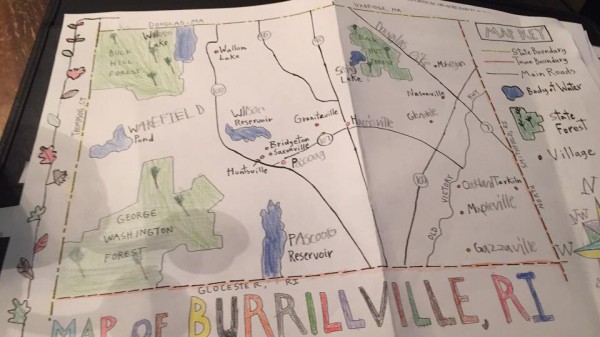 Don Allen said if you could pick the worst place to place a power plant based on prevailing winds, Burrillville would be the worst.
Don Allen said if you could pick the worst place to place a power plant based on prevailing winds, Burrillville would be the worst.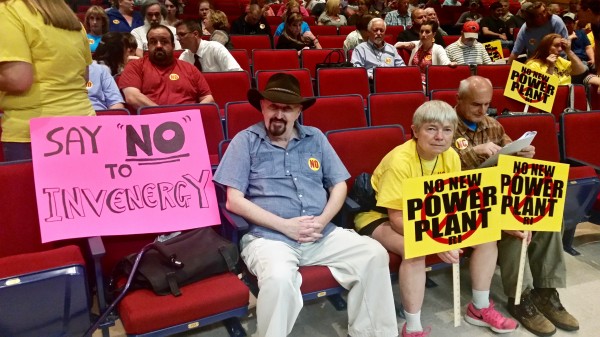
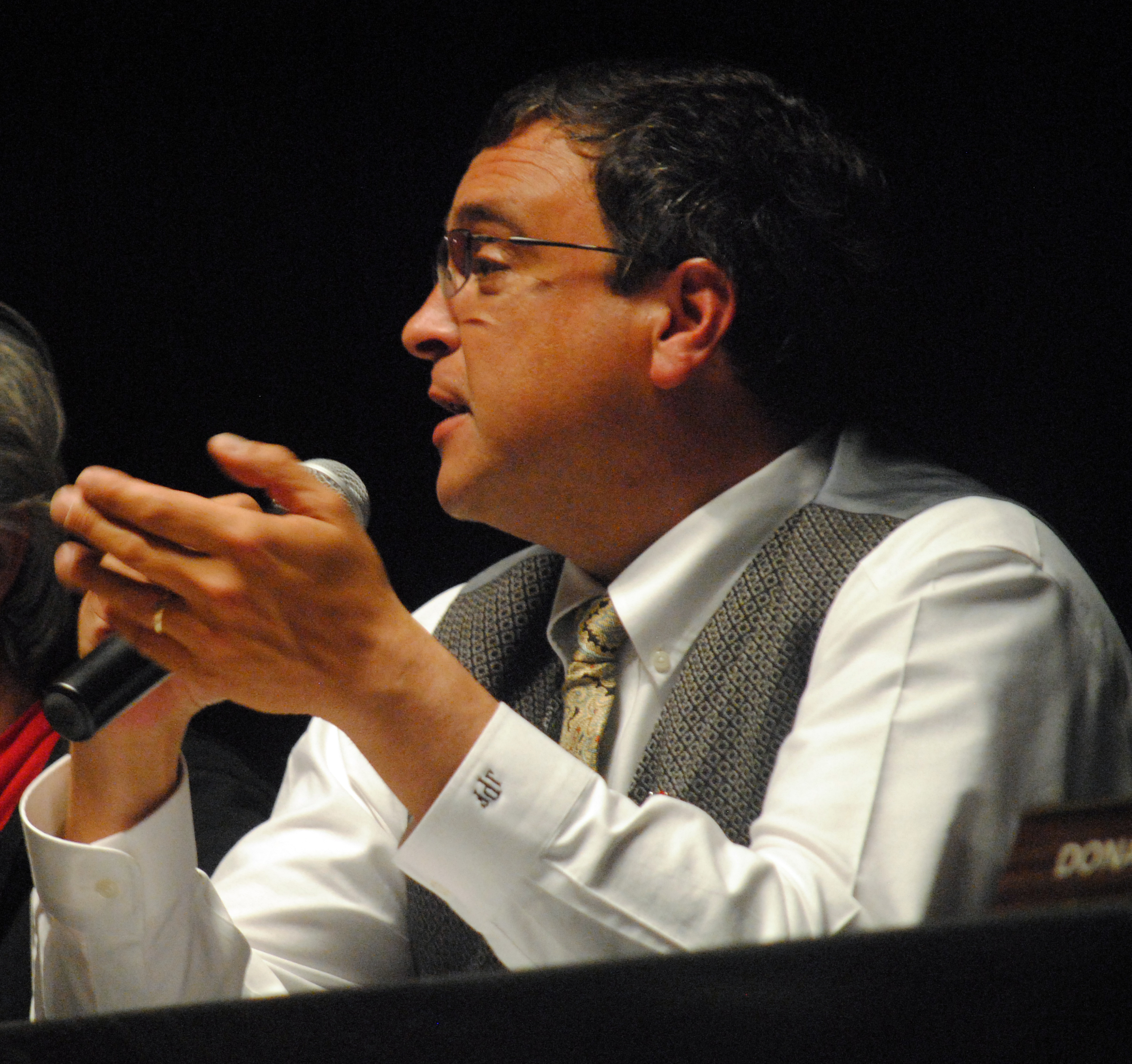
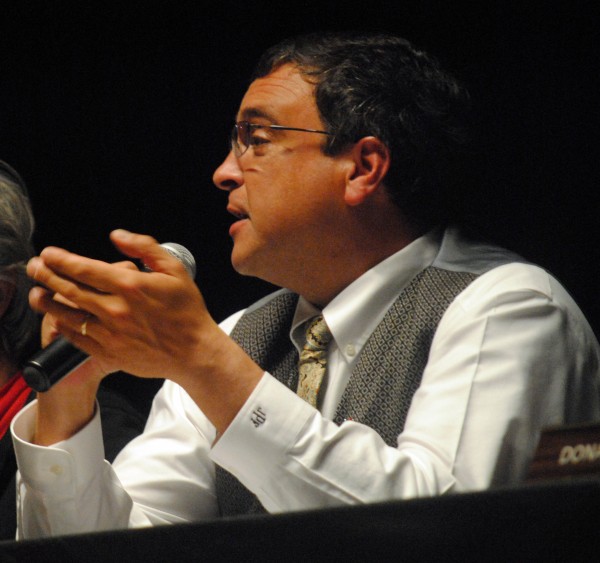

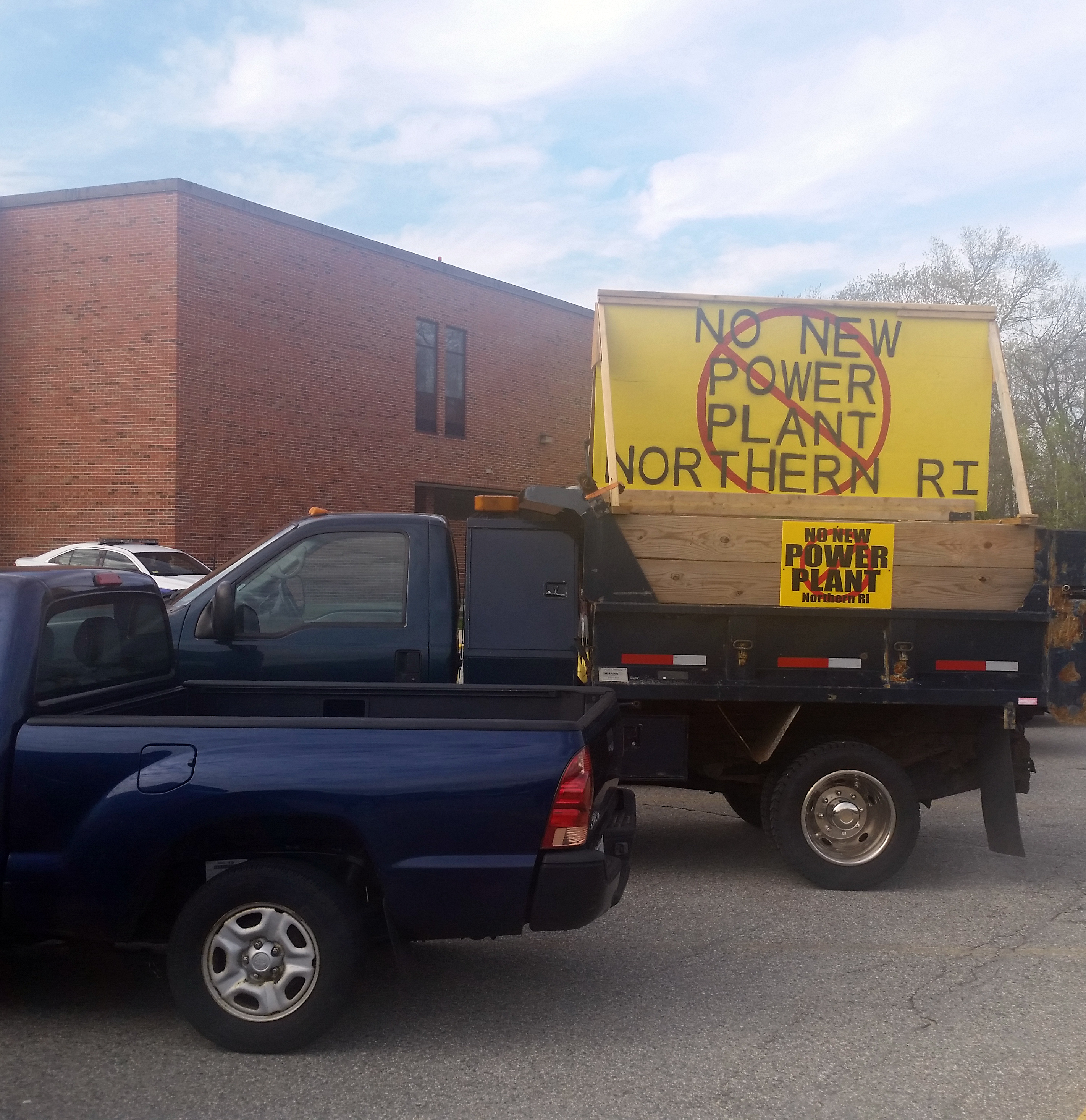
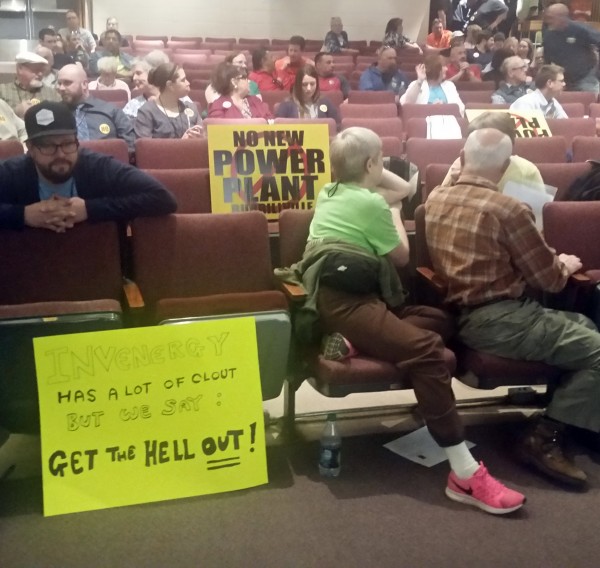 By the end of the nearly four hours of testimony before the
By the end of the nearly four hours of testimony before the 
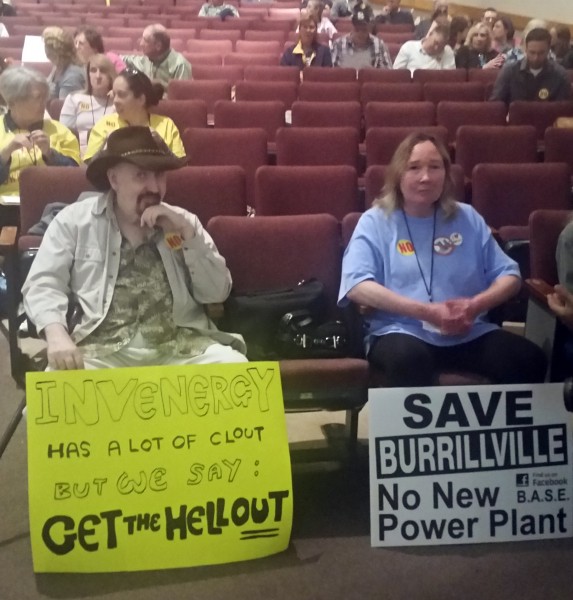

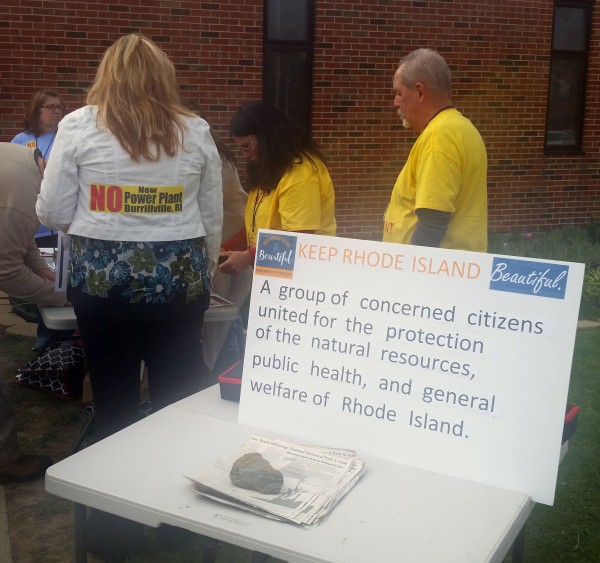
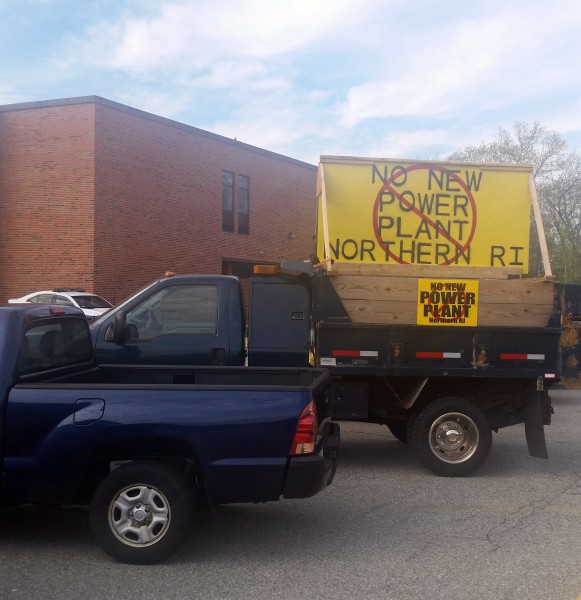
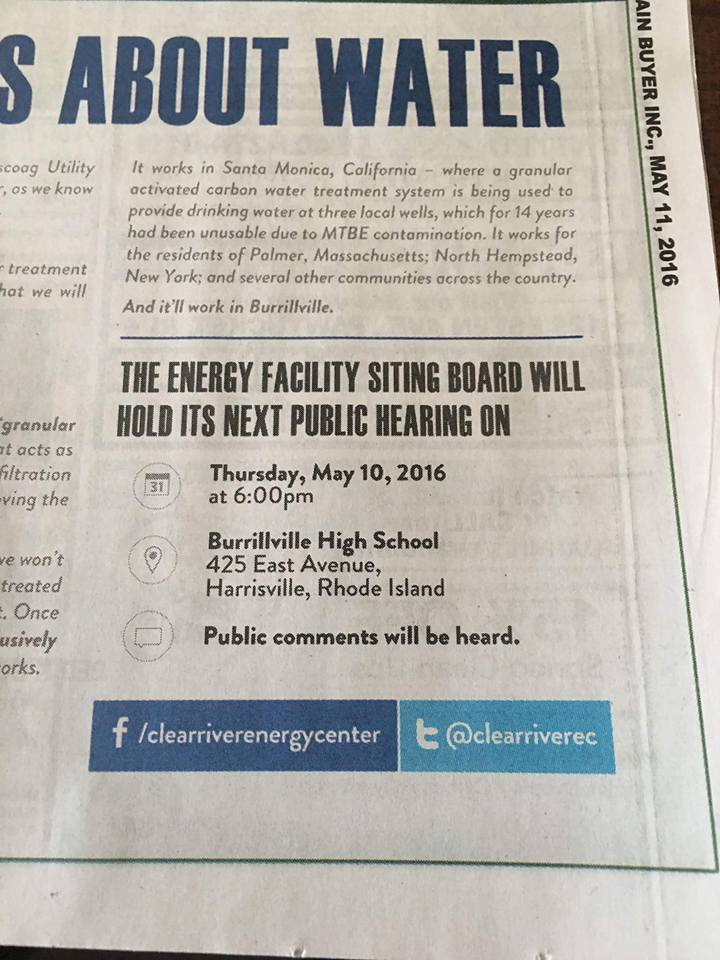
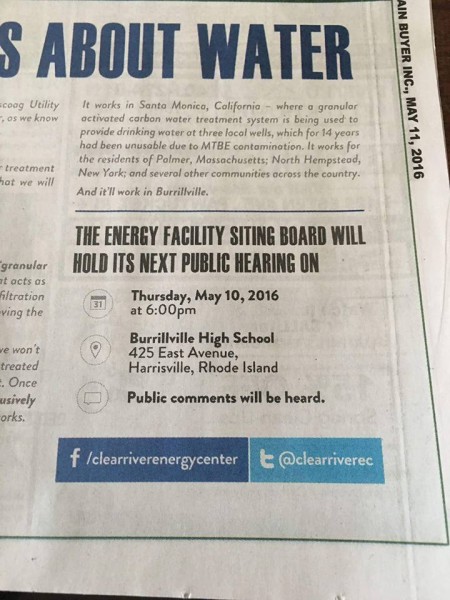 At Tuesday night’s Energy Facilities Siting Board Meeting (EFSB), with Invenergy‘s Director of Development John Niland in attendance, angry residents accused the company of running a deliberately deceptive ad in the Bargain Buyer regarding the timing and location of the meeting.
At Tuesday night’s Energy Facilities Siting Board Meeting (EFSB), with Invenergy‘s Director of Development John Niland in attendance, angry residents accused the company of running a deliberately deceptive ad in the Bargain Buyer regarding the timing and location of the meeting.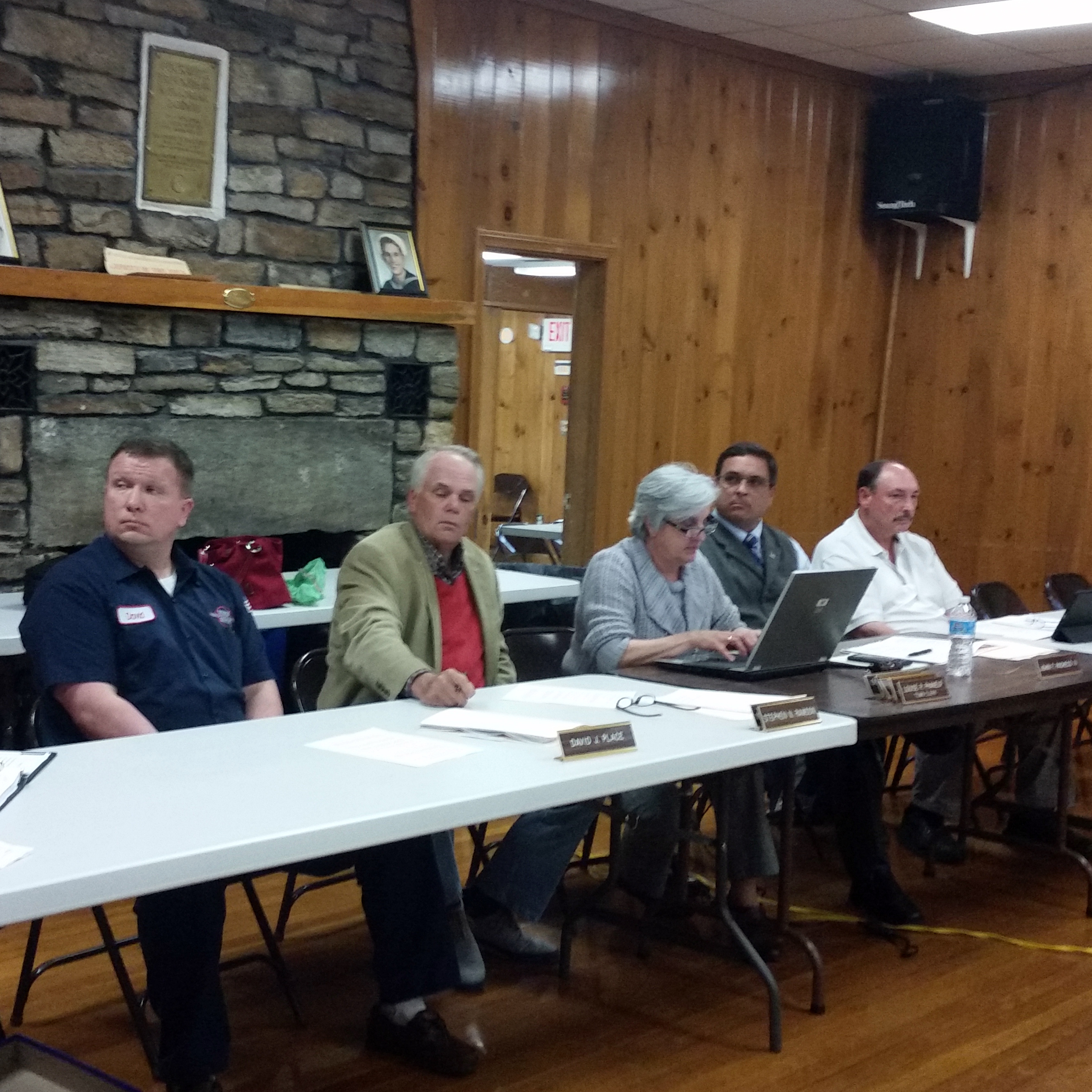
 “I don’t [want to] throw cold water on your parade here,” said Burrillville Town Manager Michael Wood, “but you can’t simply just determine a tax at will and tax somebody… It’s not fair to leave you with the impression that this can be done when it can’t be done.”
“I don’t [want to] throw cold water on your parade here,” said Burrillville Town Manager Michael Wood, “but you can’t simply just determine a tax at will and tax somebody… It’s not fair to leave you with the impression that this can be done when it can’t be done.”
 The Governors’ Wind Energy Coalition announced that it “will pair its advocacy work for wind with work for solar energy as well” and has changed its name to the Governors’ Wind and Solar Energy Coalition (GWSC).
The Governors’ Wind Energy Coalition announced that it “will pair its advocacy work for wind with work for solar energy as well” and has changed its name to the Governors’ Wind and Solar Energy Coalition (GWSC).